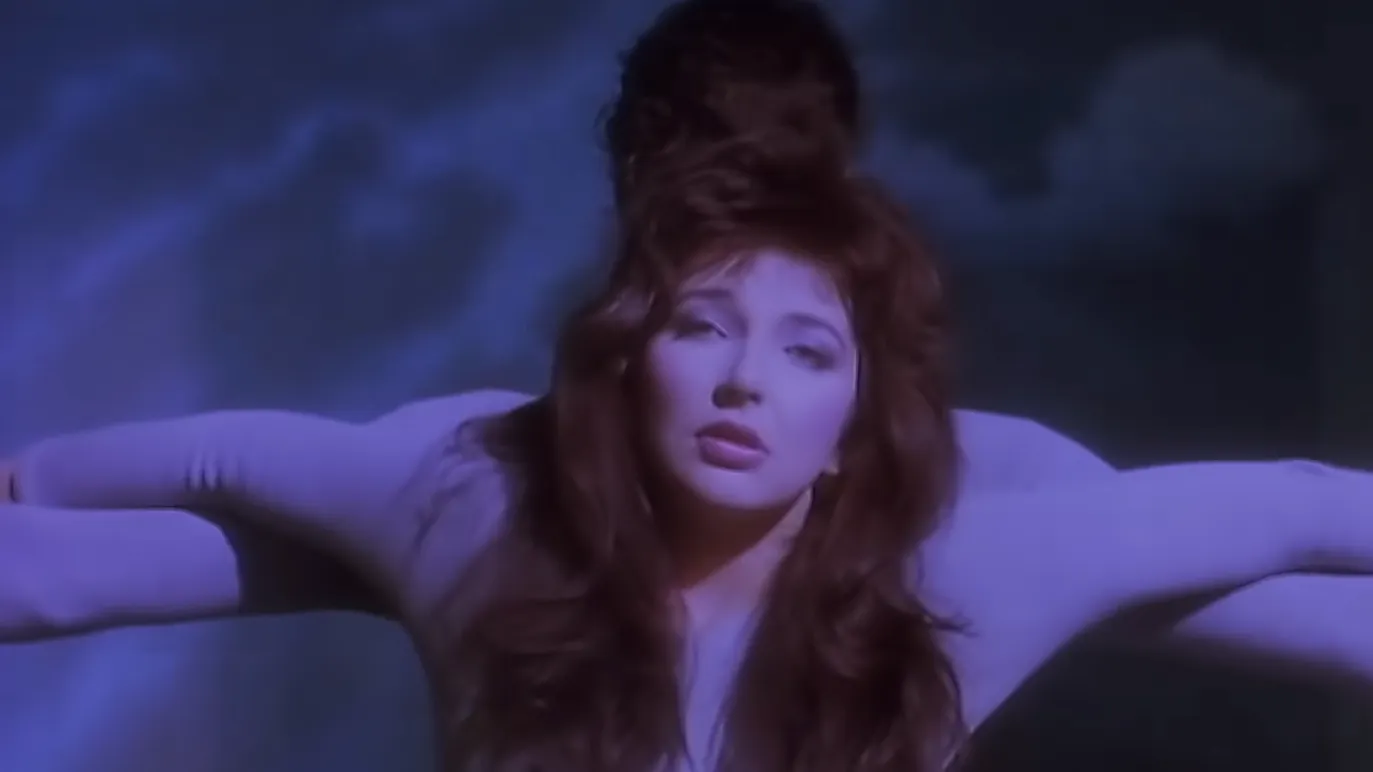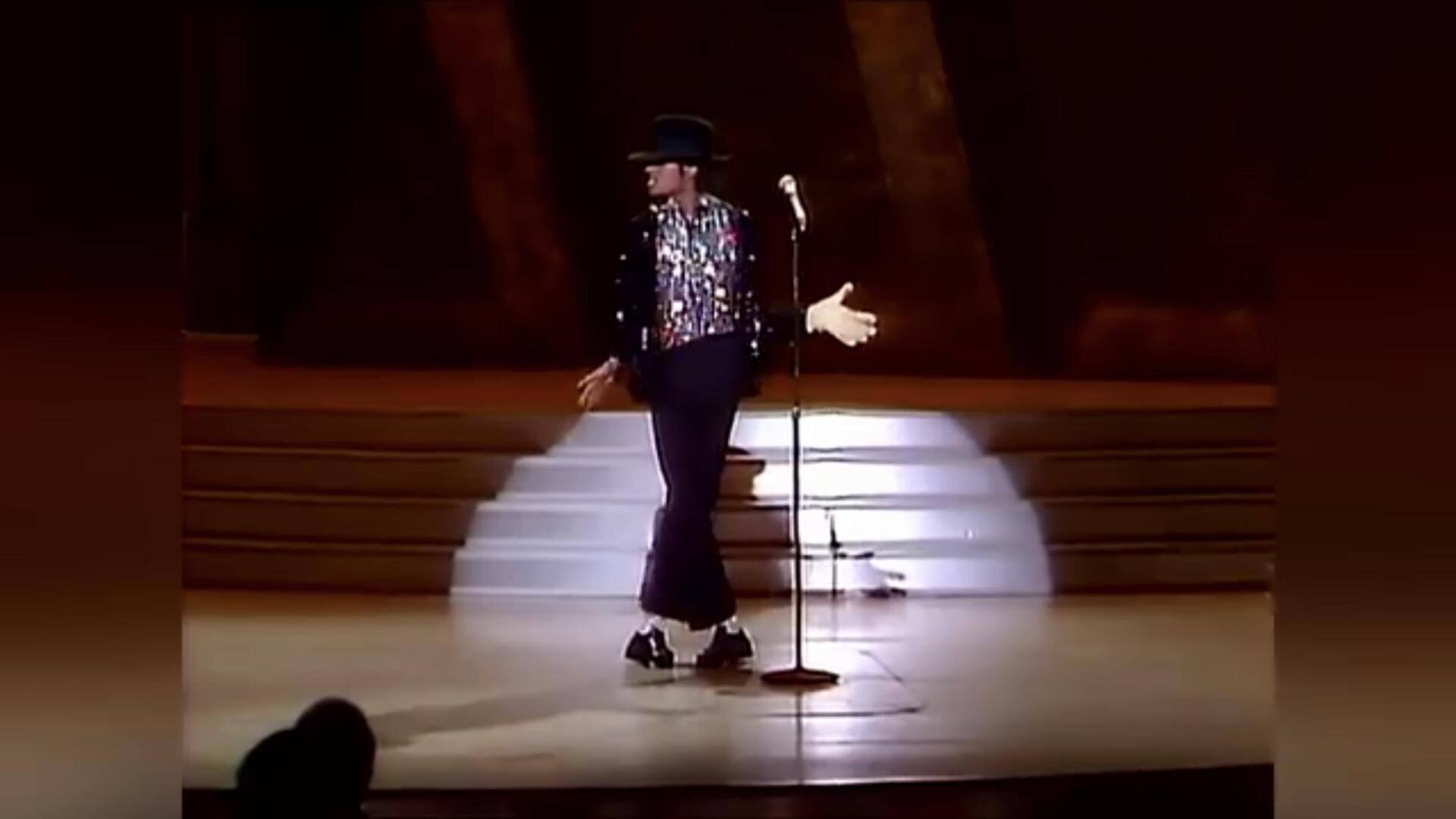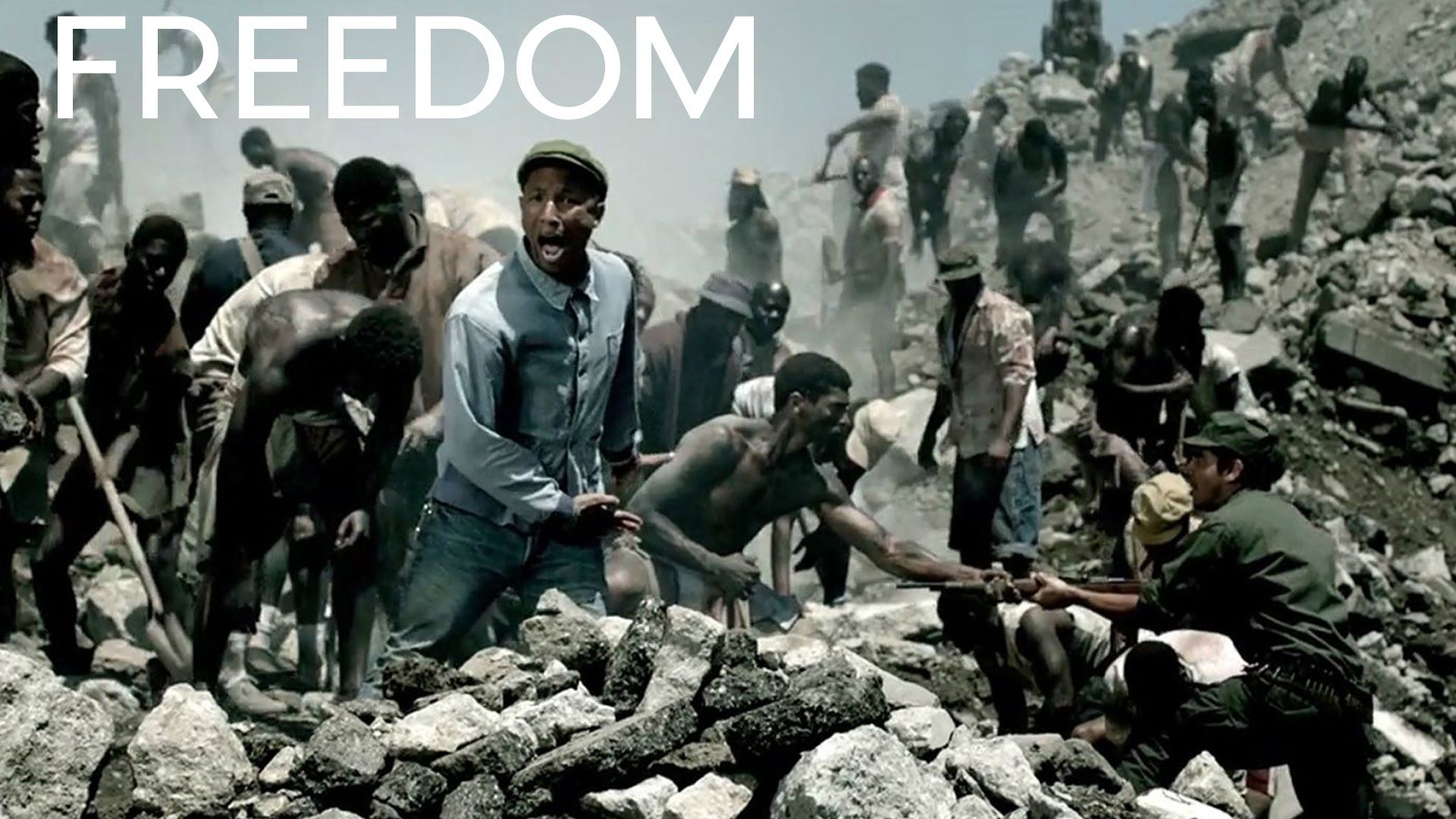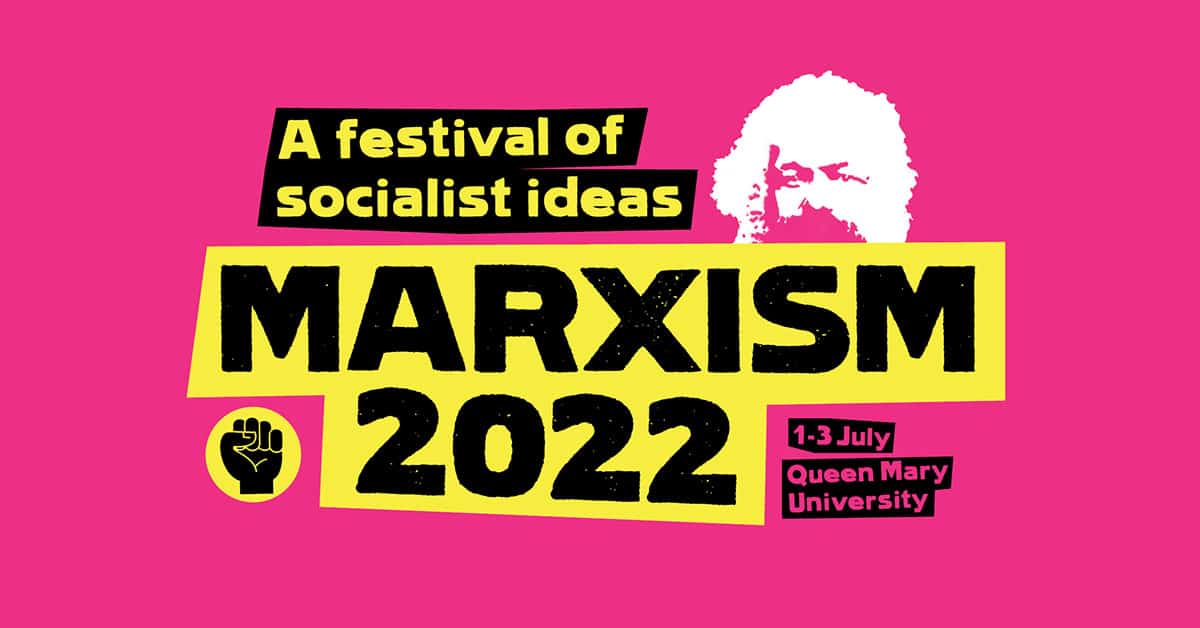Trains of Thought
Cultural Theories of Speed and Solidarity

Fight and Flight Where Nothing’s Right: Meaninglessness and Middle-Class Rebellion in Ballard’s Millennium People
There’s more than a palpable tone of irony to the end of Chelsea Marina’s middle-class rebellion in J.G. Ballard’s Millennium People (2003). The inescapable danger of classic proletariat resistance was always that they have nowhere to go—nothing else to lose but their chains—no other choice but to enact the dialectic. Thankfully they’re weak and easily dividable, though tricky to deal with in large numbers. Is the middle class is any different? Even under the inspired leadership of Kay Churchill (doubtlessly the echo you think) the doctors, teachers, and brokers of the fictional Marina offer a self-immolating, sacrificial resistance, a willingness to destroy their own homes rather than let the banks seize them. It’s defensive at best, but it’s all they can do. They can’t stand up to riot police any more than the proles can, because our rebels had the fight bred, not starved, out of them—often in as short a time as a decade or two. So it’s enough of a miracle that the novel’s dissidents, protesting exorbitant school-fees and falling property values in their Range Rovers, even came together to resist the police and the banks (neither of whom seem particularly worried about this threat). After all, protagonist David Markham muses, what kind of people would we be—when the stormtroopers of possessive capital arrive and cut the power—to enter the fray without a shower or a coffee? How can anyone be expected to fight in yesterday’s underwear?[1]
But the true irony and its contingent set of hopelessness goes deeper. Middle-class resistance concludes in the way it began, with a deterritorialized flight of would-be dissidents by all available networks that necessarily disperses revolutionary potential. After anti-climactic clashes with the police following a months-long string of mostly non-violent vandalism, the demonstrations die down. The residents of Chelsea Marina retreat to their country homes or become nomadic, “towing their trailers as the vanguard of an itinerant middle class, a new tribe of university-trained gypsies who knew their law and would raise hell with local councils.”[2] Or maybe this is a rebellious response? Rebellions, of course, are beaten down and attacked as soon as they materialize, so naturally we are left with the choices of refusal and flight—to boldly fight another day! Yet this flight is what brought them here, the creation of myriad middle-class conformisms that helped to mute the classical model of antagonistic rebellion, and this is exactly the cause of Kay Churchill’s rage. The idea of the middle class indicates at once success and concession; we are people who’ve worked hard and gotten lucky enough to enjoy some of the security and benefit of capital’s drive for the private accumulation of profit. It’s an admittedly grudging concession from capital, though it quickly becomes yet another source of exploitative marketing. But it’s advantageous in nuanced ways. Raising the standards of living for much of the world did not simply muzzle its revolutionary potential by creating new means of control—air-conditioned totalitarianism is my favorite epithet—it has raised imaginative and creative powers to unforeseen heights in the scope of physical and financial security for the middle class.
There’s an unfortunate tendency to associate working-class cultural productions today with stupidity and shortsightedness, whereas in classical Marxist theory they are the only source of genuine innovativeness, born from an intimate proximity to the Real that would transform the imagination.[3] That’s what we still take culture to be: creative resources and aesthetic reflections, the aspirational means of seizing a sense of newness to influence the real through innovative ideals.[4] It’s the potential ability to realize the imagination! The postwar power of redistributed social democratic profits built the fictional Chelsea Marina and the middle-class institutions which they target: the Tate, Waterstones, the NFT. And it also built up the highly charged negative potential which was existed momentarily as a poignant force among the middle classes from the 40’s to the 70’s, in a manner that accompanied popular modernism and the collapse of barriers between high and low art that became postmodernism. The counter-culture and its protests of the ‘60’s were the natural outcome of the Protestant Ethic, just as much as middle-class success continues to be. Hard work and civic responsibility became drugs, free love, fantasies of the apocalypse, and a rabid sense of dissatisfaction with the sensibility of the world, not simply with its oppressive chokehold on production. This was the negativity that Adorno and Horkheimer had written off as captured in the culture industry (as it built the high walls of suburbia and the hypnotic spell of mass culture) but which allowed for the profundity of flights from reality! The liberation of imagination within a sense of material security, the potential for travel and movement to unify experiences of subjectivity, the free moment for reason to transcend itself through psychedelics! The right to the affective, to a boundless imagination shaped only by the guiding, communal power of the sensible! The freedom to be vulnerable!
And this loss is what’s felt and lamented in Millennium People: the means of potential liberation have become the most intricate means of entrapment. The prisoners polish their own chains? I won’t accept that! Ms. Churchill declares.[5] Bureaucrats, engineers, managers, they all go to the Tate on the weekend and revel in their own failure to be provoked out of a repressive stupor and become something new—within an institution, no less, that houses the lost dreams of middle class creativity as a crypt houses the dead. But isn’t the real tragedy their familiarity with artistic, social, material institutions that once promised liberation yet have come only to exploit them? With resources, imagination, private space, foresight—the civilized nobility of hiding in plain sight—the middle classes should have brought on the future but are merely enacting infinite retreats in micropolitics of escape and disappearance. Air travel, one of the militants’ primary ideological targets, is merely a collective flight from reality: romantic escapism into a faraway land, the last fantasy of the 20th century.[6] And it remains a total world—in that, Adorno and Horkheimer have remained relevant—a world of relentless boredom. A world deprived of an end and of any sense of progress. We can no longer come to an end, and with the illusion of the end removed at the end of history, time becomes a retroactive and resurrective process obsessed with the illusion of the cause. This is how the revolution dies: opening doors to endless space and glimpsing the void. But don’t worry, it’s no big loss. That’s how it began anyway.
There are actually two rebellions in Millennium People, the first of which is Churchill’s. It concerns itself with actual repression of the middle-class in its conformism and passivity, but also with its active exploitation. Take her comment that the middle class has become the new proletariat, the precariat—being middle-class guarantees less and less these days, and there’s nowhere to go from there anyway.[7] Millennium People joins a notable postwar literary tradition that began with Miller’s Death of a Salesman, tracing the plights of people who have everything. It’s no longer enough to finally make it nor to grow up in such a sheltered position: you remain actively subjected to extractive economics, and simply enter another phase of the race for dynamic stabilization. It’s Twickenham, not the Thames or the Congo, that has become the heart of greatest darkness and spiritual poverty.[8] So Kay and her fellow rebels find the greatest hoarders of meaning in the woeful isolation of their meaningless world and attack them! Kay, like so many others, is trying to restart the dialectic and rearticulate the negative in a Great Refusal; if they are the new proletariat, the middle-class becomes a potential source of revolution. The rebels embrace the meaninglessness of their struggle, but its truth has probably struck you with a similar panic it inflicts upon them: who cares about the BBC? The Tate? Non-violence, a struggle without a fight? The middle-class are fighting back the best way they know how, against legitimately oppressive institutions, but the meaninglessness of their struggle—both symptom and outcome—simply reiterates the circumstances of their rebellion. In Mark Fisher’s words, this cannibalism sets out to destroy itself in the interest of negativity, but with a knowledge that there’s nothing left to fight, nowhere to go: “they know they’re out there protesting themselves. They know there’s no enemy out there: they are the enemy.”[9]
Ballard plays out this struggle in miniature between parents and children. Networks of social conformism, holdovers from the Victorian era aiming to mold upstanding young men (and they never really existed for young girls), are discredited: youths with means chase drugs, thrills, sex and violence in a dismissive response to their parents’ preference that they have joined the Boy Scouts. In a choice between boredom and excitement they gleefully pursue the danger they never had, the hysteria, uncertainty, anxiety, and masochism that Lyotard describes animating the lives of the proletariat, validating their suffering and toil.[10] Having reached the top, the endless space, nothing can replace the thrill of the chase. Really, what else is there to explain why white middle-class American men are the primary consumers of hip-hop music and culture in the 21st century, why boys from good English families mimic Roadman patois and call each other ‘blud’ and ‘fam’?[11] And after a healthy enema of what mothers will reliably call ‘acting your age’ or ‘being at your life point,’ the initiates end their Rumspringa of embracing speed and take on stagnation. With loans for higher education and mortgages hanging over them, it’s this memory of promise, otherness, difference that they’ll cultivate for the rest of their lives, and mistakenly associate with youth.[12] It’s really only adults that rebel in the novel, another thrilling reversal of Marx—where the most repressed, not the most advanced, peoples are those who bring about revolution. And when the violence ends, confronting the refusal of themselves in the shells of their burned-out homes as their caravans head out onto the horizon, the rebels might offer us, in their failure, a seldom-acknowledged insight that only their experiences can confirm: you have to give up everything to be middle class.[13]
The second rebellion is a necessary counterpoint to the captive power of middle-class conformism, the price the artist must pay for her sponsorship: the embracing lure of total meaninglessness. We know this hypnotic possibility to be as reliable as the solvent power of affluence—it reliably follows, in fact. The disaster of affluence has been known to us since Herodotus: it is in the power of no one soil to produce fine fruits and good soldiers. In our time, affluence has served as a systematic means of disarticulating the notion of autonomy traditionally held by contestants of industrial capital. Success leads us off to civic responsibility, well-manicured lawns, and the homeowners’ association. The success of middle-class mobility removes them to the isolation of the suburbs after the conclusion of the Second World War and today amidst the global pandemic has created digital nomads; it is useless to speak even of labor in its classical sense anymore, much affluent people associated with space. Kay’s rebels refuse their values taught to them by their parents, but find themselves unable to create values for themselves, to articulate a new sensibility. They embrace negativity and meaninglessness with little success, pushed into ever-more virtual or distance spaces to enjoy some modicum of negative liberty. The only real success of the novel’s failed rebellion, after all, is having freed its rebels to enjoy the splendid mobility of their nomadic wagon-trains.
Enter Richard Gould. Pediatrician turned revolutionary and terrorist, he is the mastermind behind Churchill’s rebellion, as well as a string of violent homicidal bombings. Kay and her followers largely refrain from violence, but they know the price of affluence: boredom. So they resist through meaningless protest against the highest canons of meaning (another Victorian cultural holdover). They chose momentary liberation over repression—they chose to be themselves, at all costs. This, as I have argued, is both the price and the reward of the total sacrifice bound up in a middle-class experience. But Gould embraces meaningless as an end in itself: meaningless with no end. He carries the logic of the rebellion to its necessary end; if Kay looks into the chasm of meaninglessness hoping to find something to fight the barbarism within herself, Richard Gould jumps.[14] We love the alienation of the middle-class because it offers a cycle of liberating possibility which we will live in our youths and treasure retrospectively for the rest of our lives, and we desire secular immortality to truly preserve this! That’s the sterile dream of the middle class, and that’s Lyotard’s crucial insight onto the delights of simulated suffering available everywhere in the market. Once inside under the air conditioning, we cannot go back. But Gould, the sole caretaker of children with terminal illnesses, embraces death—not life—as a means of transcendence and self-overcoming. Violence is the only way to escape the dialectic of affluence. In his eyes, the violence of a bomb ruptures all logics of space and time which knit the world together, the insistence on the sanctity and primacy of life above all, the ultimate event. This bio-primacy is self-obsession writ-large; it is the problem of selfhood validated and understood only through endless fulfilments of desire that are anything but self-generated.
There is no self-alienation here in the world of civic responsibility, nothing other than life’s calling, no escape from the systematic preoccupation with essential subjecthood. The only difference from the Protestant Ethic is that now the end is consumption, not production. How ironic to find yet another compromising failure of the rebellion’s juvenile narcissism! It is almost as naïve as a desire to revive some sort of progress at the end of history. If Kay Churchill employs selective meaninglessness to again seek out progress, Gould represents Adorno’s negative dialectic: an avatar of pure terror, a Joker-like figure who stares directly into the void and sacrifices everything to the moment, to truly open life beyond reason’s direction and the totality of theological worldviews. This reminds us of the fixation that a notion of the future still holds over us, along with the power of the universal. The middle-class gives up for the sake of their children’s future. It’s why those adults chose to abandon their reckless lives, and another indication that the moment, already mortgaged to expectation, is not as we think it to be. That’s what the rebels fought back against—the right to the moment! And that is what Gould has seized. Has he truly the power to create? To use the immanent and claim a real transcendence in an ultimate Event?
There’s no future for Richard Gould and there can be none, when one can but carry out meaningless crimes in meaningless times, in desperate, doomed effort to resanctify the world.
22 February 2022
[1] John Graham Ballard, Millennium People (London, Harper Perennial: 2004), p. 224
[2] Ibid, p. 7
[3] I have, specifically in mind, forms of white-trash American (or redneck, an admittedly loaded term, that which reflects situations of rural poverty) that have been written off by isolated yuppies agitating for barely-socialism and wooed by red-hatted business defenses. It’s the same subtle tact that made environmental preoccupation a bourgeois concern, and it relegates exactly the mind-numbing reductions of class culture upon them. Our perceptions of them and their perceptions of themselves are all Duck Dynasty.
[4] This understanding of culture owes a great debt of influence to Boris Groys, Jacques Derrida, Shulamith Firestone, and Jacques Rancière.
[5] John Graham Ballard, Millennium People (London, Harper Perennial: 2004), p. 90
[6] Ibid, p. 54-55
[7] The crisis of the middle-class is like the climate crisis: capital pays attention not because it cares, but because these faults are such a threatening commentary on its own internal inconsistencies. We care about the planet because if it burns up we can’t keep on consuming, so we become ‘sustainable.’
[8] John Graham Ballard, Millennium People (London, Harper Perennial: 2004), p. 84
[9] Mark Fisher, k-punk (8 March 2005), http://k-punk.abstractdynamics.org/archives/005135
[10] Jean-François Lyotard, Iain Hamilton-Grant trans. Libidinal Economy (Bloomington and Indianapolis, University of Indiana Press: 1993), p. 111
[11] There’s a notable analysis of this phenomenon in Tricia Rose’s book The Hip Hop Wars (New York, Basic Books: 2008).
[12] This is not entirely a mistaken association, but the connection between promise and youth is a far larger motif than can be explored here. Still, think only of von Aschenbach and his increasingly maddened desire for Tadzio in Mann’s Death in Venice.
[13] It’s easiest to see this, in America, in the lives of black folks who make it into the middle class (white trash people, of course, are assumed to have nothing worth giving up).
[14] Again, recall the continued relevance of Adorno and Horkheimer in The Dialectic of Enlightenment, and also of Adorno in Cultural Criticism and Society. Poetry and suicide remain the only responses in a post-Auschwitz world.
Trains of Thought | All Rights Reserved






